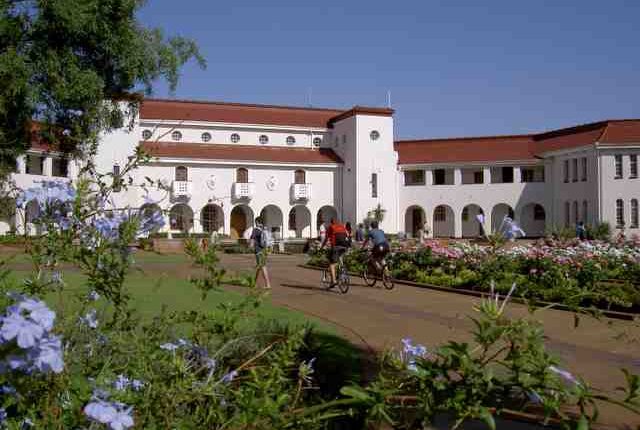North-West University: Night-time cooking with solar is possible with thermal energy storage
With the aid of thermal energy storage systems it is possible to use solar cookers to prepare hot meals at night. Some systems perform better than others though, and there is room for improvement. This is according to Prof Ashmore Mawire of the Solar Thermal research group at the North-West University (NWU).
He recently gave a public lecture at which he presented past and recent research results of the group, which is located in the Material Science Innovation and Modelling (MaSIM) research focus area.
Experimental setups and the results of different thermal energy storage (TES) systems for solar cookers were presented.
The first part of his presentation involved the experimental characterisation of thermal energy storage materials to be used for solar cookers.
Prof Mawire says locally available food-grade materials such as sunflower oil and erythritol (a sweetener) were used to lower the cost of the material used for storage and food safety.
“Sunflower oil and erythritol are found to be good storage materials for solar cookers during non-sunshine periods.”
The second part of the presentation looked at actual solar cooking tests with storage cooking pots containing sunflower oil and erythritol as storage materials. “Erythritol performs better than sunflower oil during cooking using the stored heat, whereas, during solar cooking periods, sunflower oil shows better performance,” he says.
A solar cooker with a separate TES unit has also been evaluated experimentally.
The system can cook food while simultaneously storing heat in a storage tank for later use. The efficiency of heat utilisation after storing thermal energy is, however, low and can be improved.
The results of a solar food dryer were also presented.
The results show that it is possible to dry apples and bananas with a solar dryer. The dryer can also be used with TES so that operation at night with TES is possible.
However, consumers have been slow to adopt domestic solar thermal food processing devices. Prof Mawire attributes this to a lack of research on the socio-economic aspects of solar devices, which include the adoption by the end user, the cost and the lifetime of the cookers.
About Prof Ashmore Mawire
Prof Mawire holds a PhD degree in applied physics from the NWU, which he obtained in 2010. He is a professor in the subject group Physics at the NWU, and is the principal researcher in the Solar Thermal research group of the Material Science Innovation and Modelling (MaSIM) research focus area. He is also the director of MaSIM.
His research interests include electronic instrumentation, renewable energy systems, heat transfer and solar thermal energy storage technology. He has published over 40 high-impact-factor ISI journal articles and presented papers at over 40 peer-reviewed international conferences. His articles are mainly focused on domestic solar thermal energy storage applications for food processing. Prof Mawire is a National Research Foundation C2-rated researcher.

